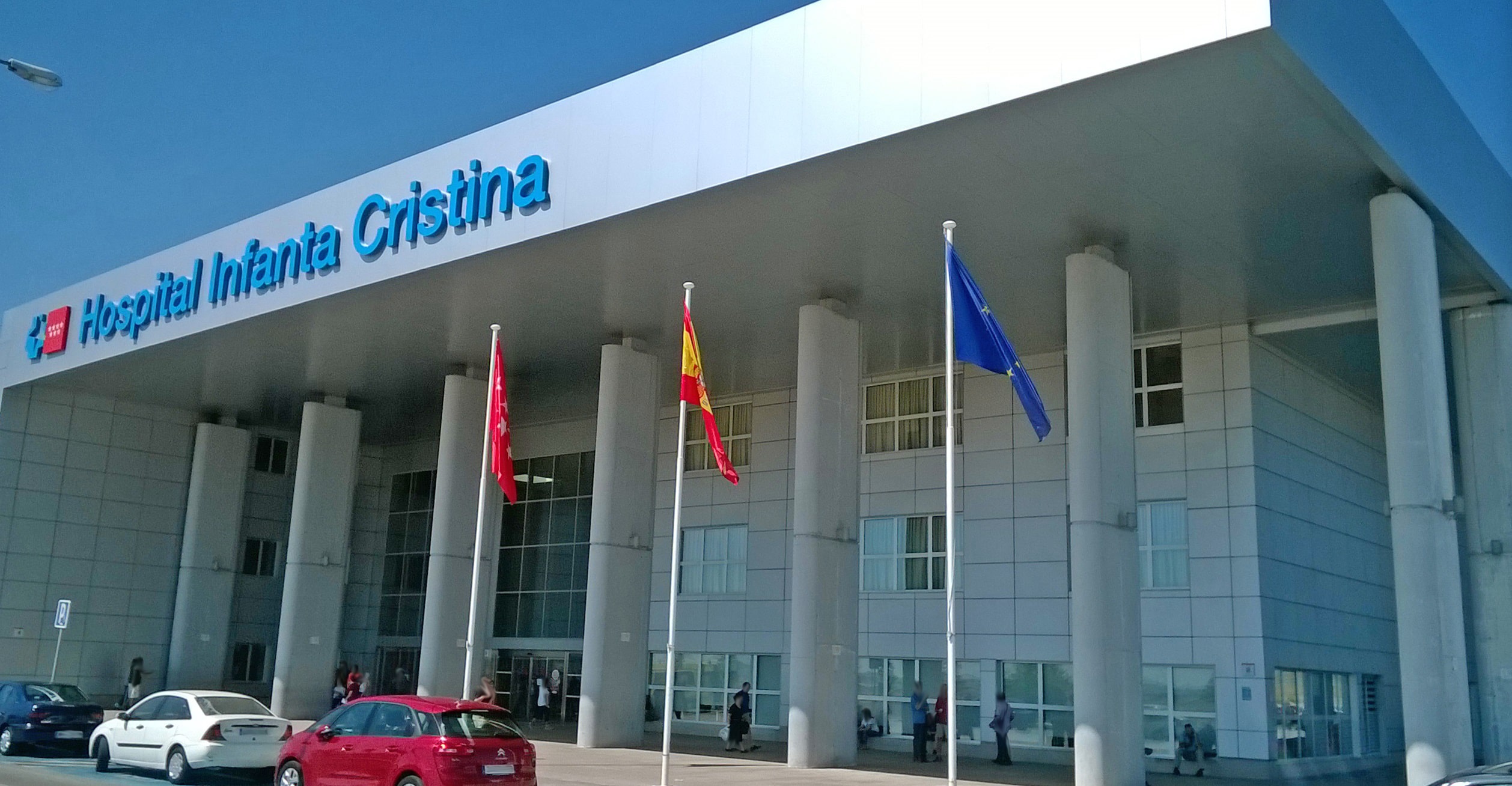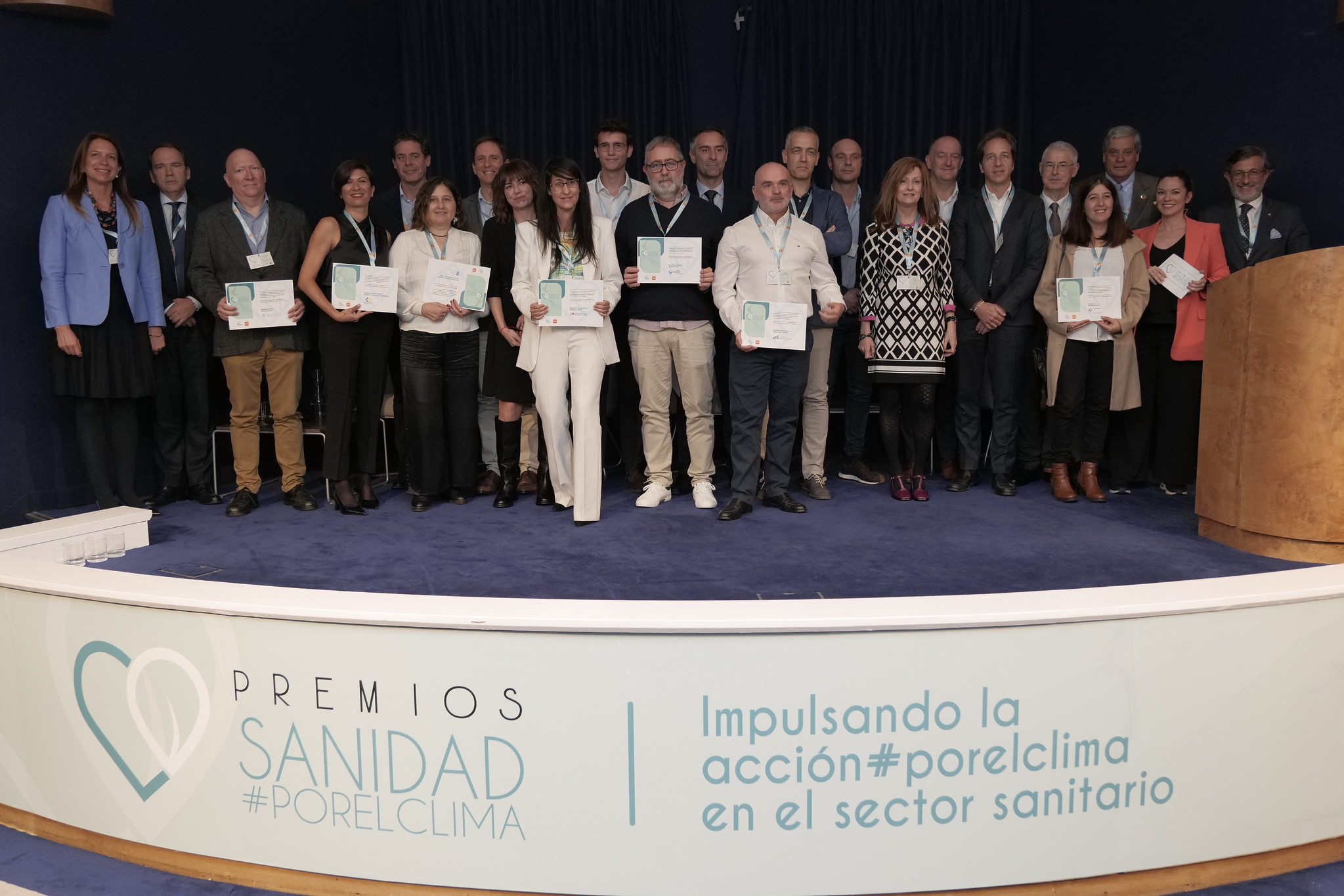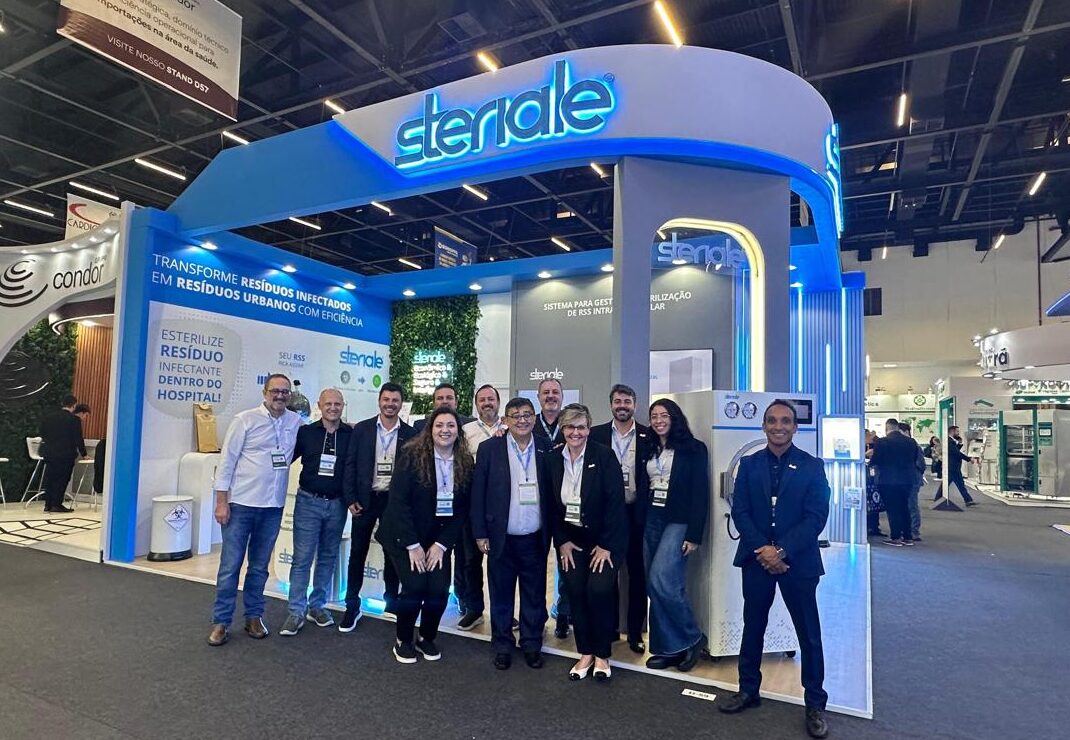Steriale System turns BIW into Urban Waste
The Infanta Cristina University Hospital has launched an innovative solution for managing Biological Infectious Waste (BIW) generated in the center. The project, currently in a pilot phase, involves the inertization of BIW within the hospital itself using small sterilization autoclaves. Once inertized, their treatment and management are similar to Urban Waste, thus eliminating the risks associated with BIW, ensuring total sterilization, reducing volume, and facilitating storage and transport with greater environmental safeguards and safety for anyone who might come into contact with it.
The Infanta Cristina University Hospital has implemented the Steriale System, a project developed by Valoriza Medioambiente, a subsidiary specialized in waste management and treatment of the Sacyr Group. The Group also owns Sacyr Concesiones, the concession company of the Parla Hospital.
The pilot project involves the inertization of BIW at the hospital using small sterilization autoclaves. Once inertized, their treatment and management are similar to Urban Waste, allowing for removal by conventional garbage collection services. This process eliminates the risks associated with BIW, ensuring total sterilization, reducing volume, and facilitating safer storage and transport for the environment and individuals who may contact it.
The implementation of the Steriale System also eliminates the risk of spillage or puncture in the storage of containers once inertized, as these are hermetically sealed. This provides increased safety for professionals, patients, and transport network users associated with the hospital. The Steriale System ensures complete traceability of the entire process (type of waste, exposure time, location), offering instant control through a Big Data system where all records are obtained.
Benefits of the Project
The implementation of this innovative waste management and treatment system at the hospital not only reduces the volume of Biological Infectious Waste by more than 50% and eliminates risks associated with storage and transport of this type of waste, but it also minimizes environmental impact. The system replaces the plastic previously used with reusable containers and paper-cardboard consumables. Additionally, the multiple sterilization cycles applied during the process, whose traceability is recorded in a database, completely eliminate the biological load in the waste before leaving the hospital. The final result of the Steriale System is the removal of contaminating or hazardous components from this type of waste.
Commitment to the Environment
The implementation of the Steriale System demonstrates Infanta Cristina Hospital’s strong commitment to innovation and environmental stewardship. In line with this, the Hospital is working on other projects to be launched in the coming months, including a project to generate solar energy through the installation of photovoltaic panels to self-sustain the center’s energy needs.




